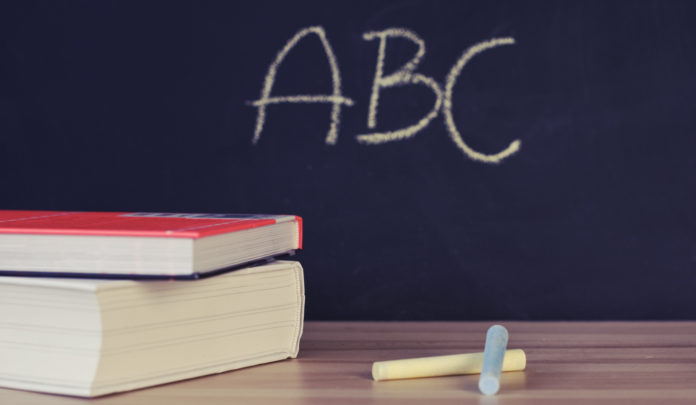
It always struck me as a particularly cruel trick to erase a large group of people from our education system, wiping every trace of their existence from history, art, music and science without saying a word. Even crueler, would be to subject that same group of people to the same education system that denies their existence.
Such an act would at best, gaslight them into believing that each of them was completely alone in their thoughts and feelings, and at worst, that there was something inherently evil about them. A lot for any child to take in.
Section 28 was a piece of legislation that banned the promotion of “the acceptability of homosexuality as a pretended family relationship” in local authorities and schools across the UK. The Act created a culture of fear in schools by effectively banning teachers from discussing LGBTQ+ issues or being supportive of LGBTQ+ young people – something that I continue to see the impact of every day at Just Like Us, the LGBTQ+ young people’s charity.
My friend’s teacher who wore a “Ban the clause!” button to class. “What’s the clause?” he asked. The teacher replied: “If I talk to you about this I’m risking my job. And that’s sort of the point”.
Section 28 was scrapped 18 years ago today in England and Wales, after years of work from LGBTQ+ campaigners, finally allowing schools to speak positively about LGBTQ+ people, culture and history. Subsequent years saw the introduction of The Equality Act 2010 and Ofsted guidance directing schools to teach about LGBTQ+ people and relationships. In less than 10 years, discussion about LGBTQ+ people in most schools went from being banned to being mandatory.
Most recently, in September 2020 new guidance was brought requiring all secondary schools to teach relationships and sex education and all primary schools to teach about relationships was introduced. While schools could still choose how they wanted to deliver it, the guidance stated that all secondary schools must teach about sexual orientation and gender identity and all schools (including primary schools) must teach about different family types which could include LGBTQ+ families.
Victory, you might think, though not quite. What is actually taught in schools about LGBTQ+ people varies wildly, with some schools giving young people a fantastic education into different sexual orientations and gender identities and others doing nothing at all. Whether an LGBTQ+ young person goes to a school that will send them positive messages about who they are is still mostly a matter left up to chance. In fact, half (48%) of pupils have had little to zero positive messaging about LGBTQ+ people in the past year, our report found.
While Section 28 has ended, 18 years later we are still stuck in an era of uncertainty and confusion and fear. New independent research of 6,179 primary and secondary teachers released today by Just Like Us finds that one in five (17%) of teachers say they’re uncomfortable with discussing LGBTQ+ topics with their pupils.
Shockingly, only a third (29%) of UK teachers are ‘completely comfortable’ talking about lesbian, gay, bisexual and trans topics in the classroom, despite recent government guidance reinforcing the need to include LGBTQ+ topics in schools.








